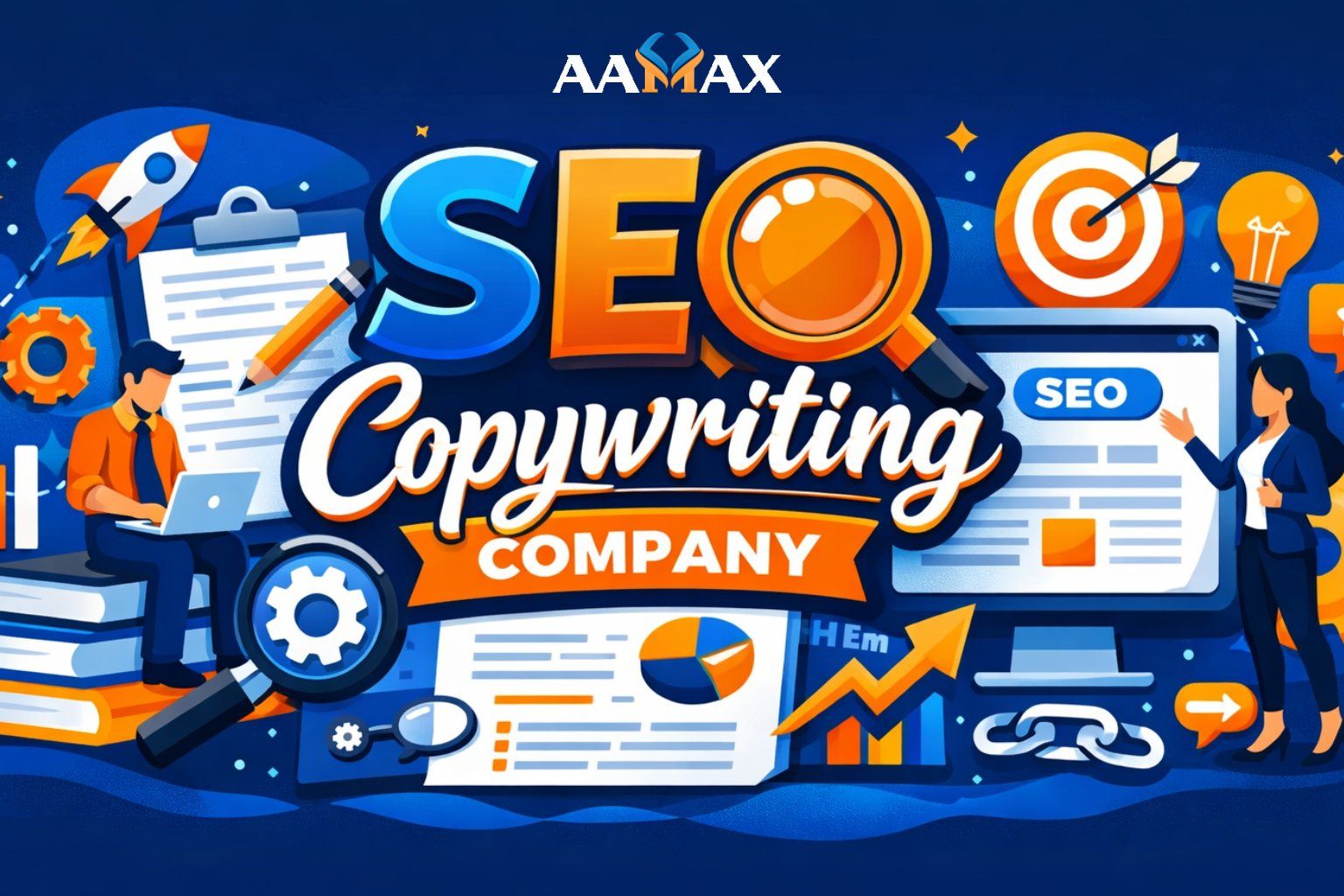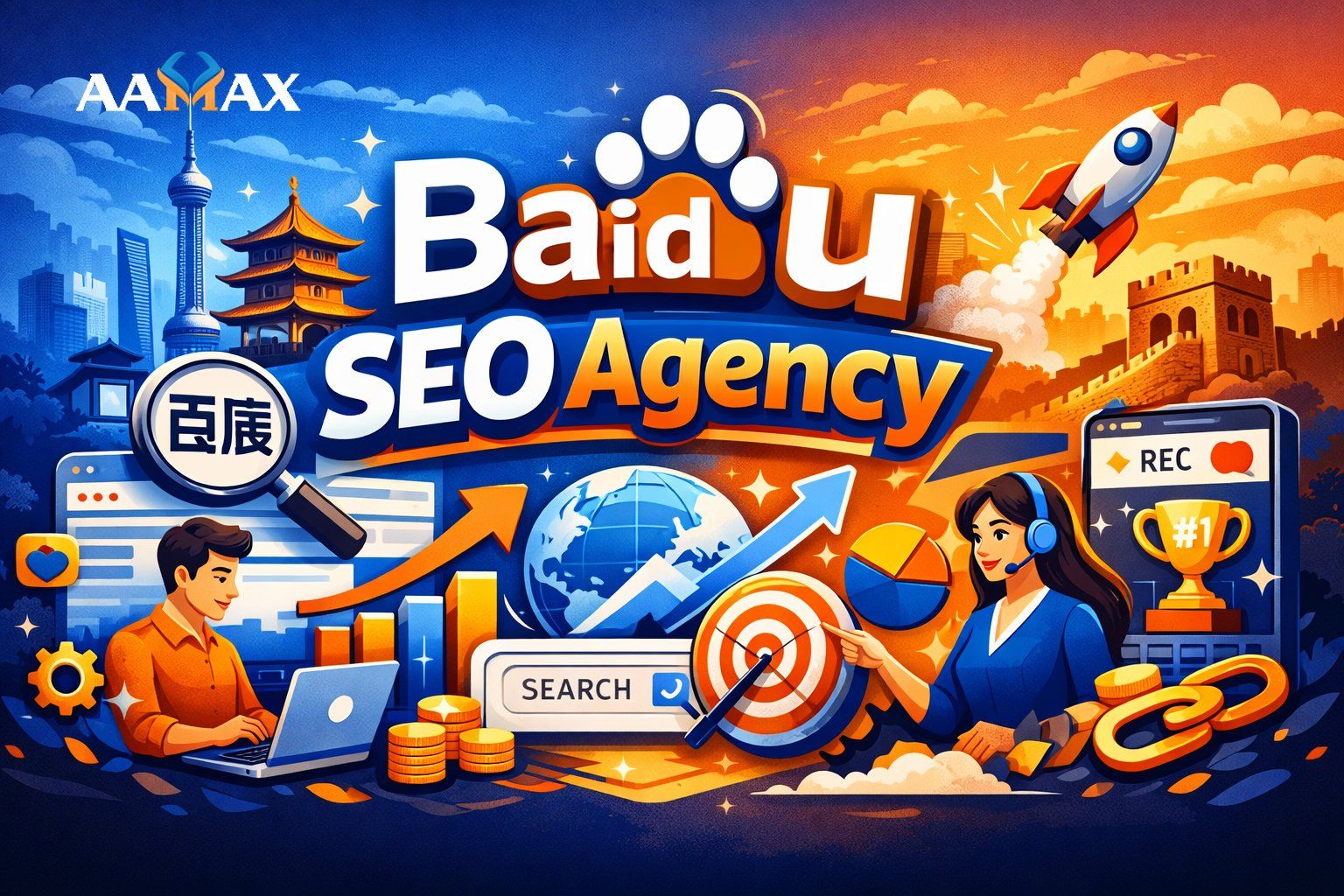
What Is Google Indexing? | Guide to Google’s Search Index
In the vast world of the internet, billions of web pages are created, updated, and deleted every single day. But not all of them appear in Google’s search results. Have you ever wondered why? The answer lies in a critical process called Google Indexing.
Understanding how Google indexing works is essential for anyone who owns or manages a website — from small business owners to Search Engine Optimization (SEO) professionals. Without proper indexing, even the most well-designed website or content-rich blog can remain invisible to searchers.
This detailed guide will explain what Google indexing is, how it works, why it’s important, and how you can ensure your website is properly indexed for maximum visibility.
What Is Google Indexing?
Google Indexing is the process through which Google stores and organizes web pages it discovers, so they can appear in search results. When Google’s bots (called crawlers or spiders) visit a website, they scan and analyze the content, structure, and links on each page. If the page meets Google’s quality and accessibility criteria, it’s added to Google’s search index — a massive digital library containing trillions of web pages.
When you perform a search on Google, you’re not searching the entire web. Instead, you’re searching Google’s index — a structured database of web pages Google has already crawled and stored.
In simple terms:
- Crawling is Google discovering your page.
- Indexing is Google storing and understanding your page.
- Ranking is where Google decides how high your page appears in search results.
Without indexing, your page cannot appear in Google Search — no matter how optimized it is.
How Does Google Indexing Work?
The indexing process consists of several stages. Let’s look at each one in detail.
1. Crawling: Finding New Content
Before Google can index your website, it must first find it. Google uses automated programs known as Googlebots to discover new pages across the web. These bots follow links from one page to another, just like a user navigating through the internet.
They can also find pages through:
- Sitemaps submitted via Google Search Console.
- Backlinks from other websites.
- Manual submissions of URLs by website owners.
The crawling process depends on your website’s structure, internal linking, and server performance. A well-organized website helps Google discover all your important pages efficiently.
2. Rendering: Understanding the Page
Once Googlebot crawls a page, it needs to render it — meaning it processes the HTML, JavaScript, and CSS to see what users actually see. Rendering allows Google to understand the page layout, images, videos, and interactive elements.
If your site relies heavily on JavaScript or complex dynamic content, Google may take longer to render and index those pages. That’s why technical SEO practices — like pre-rendering or server-side rendering — are vital for modern websites.
3. Indexing: Storing Information
After rendering, Google analyzes the page content and stores key information in its search index. This includes:
- Page title and meta description
- Keywords and topics
- Internal and external links
- Image alt texts and structured data
- Mobile-friendliness and page speed
If the page provides valuable, unique, and accessible information, it becomes part of Google’s index.
4. Ranking: Showing Relevant Results
Once a page is indexed, Google uses complex algorithms to determine how relevant it is for specific queries. This step is called ranking, and it’s influenced by hundreds of factors, including content quality, backlinks, user experience, and authority.
In summary:
- Crawl – Googlebot discovers your pages.
- Render – Google understands your content.
- Index – Google stores your page in its database.
- Rank – Google displays your page for relevant searches.
Why Google Indexing Matters
If your web pages aren’t indexed, they can’t appear in search results. That means no visibility, no traffic, and no conversions.
Here’s why indexing is vital for your digital presence:
- Visibility: Only indexed pages can rank in Google.
- Traffic: The more indexed pages you have, the higher your chances of attracting organic visitors.
- SEO Performance: Indexing is the foundation of SEO; without it, all other efforts are wasted.
- Authority: Indexed pages signal Google that your website is active and trustworthy.
Simply put, if you’re not indexed, you don’t exist on Google.
How to Check If Your Website Is Indexed
You can easily check whether your website or specific pages are indexed using several methods.
1. Google Search Operator
Use the search operator:
For example, typing site:example.com in Google’s search bar will show all indexed pages from that domain.
If no results appear, your website is not indexed.
2. Google Search Console
Log in to Google Search Console (GSC), and you can see how many of your pages are indexed under the “Coverage” report.
GSC also shows indexing issues such as:
- Excluded pages
- Crawled but not indexed pages
- Duplicate content
- Pages blocked by robots.txt or noindex tags
3. SEO Tools
Third-party SEO tools like Ahrefs, Semrush, or Screaming Frog can crawl your website and provide detailed insights about your indexed URLs and potential issues preventing indexing.
Common Reasons Why Pages Aren’t Indexed
Even with a great website, some pages may fail to get indexed. Here are the most common causes:
1. Noindex Tags
A noindex meta tag tells search engines not to index a page. This is useful for admin pages or duplicate content, but if applied accidentally, it can block important pages.
2. Robots.txt Blocking
The robots.txt file tells Google which pages or directories to crawl or skip. If important sections of your site are blocked, Google can’t access or index them.
3. Duplicate or Thin Content
Google avoids indexing pages with low-quality or duplicate content because they add little value to users. Each page should have unique, high-quality information.
4. Poor Website Structure
If your internal linking is weak or your sitemap is incomplete, Google may miss important pages. Ensure your navigation is clear and every valuable page is linked properly.
5. Slow or Inaccessible Pages
If your website is slow to load or frequently down, Google may struggle to crawl and index it. Server reliability and site speed are key ranking and indexing factors.
6. JavaScript Rendering Issues
Pages that rely heavily on JavaScript can sometimes prevent Googlebot from seeing critical content. Using server-side rendering or static HTML fallback helps fix this.
How to Get Indexed by Google Faster
Getting your pages indexed quickly is crucial, especially when you publish new content or launch a new website. Here are proven strategies to speed up indexing:
1. Submit Your Sitemap
A sitemap.xml is a roadmap that helps Google find and index your pages efficiently. Submit it through Google Search Console to ensure Google knows what to crawl.
2. Use “Inspect URL” in Google Search Console
Google’s URL Inspection Tool allows you to request indexing for new or updated pages instantly. It’s one of the fastest ways to get fresh content indexed.
3. Build Internal Links
Link new pages from existing indexed pages. Google uses internal links to discover and understand the importance of new content within your site.
4. Earn Backlinks
External links from authoritative websites can help Google discover your pages faster and improve their credibility.
5. Keep Your Content Updated
Google prioritizes fresh, relevant content. Regularly update your pages with new information, images, and links.
6. Ensure Mobile-Friendliness
Since Google uses mobile-first indexing, make sure your site is responsive and easy to navigate on mobile devices.
7. Improve Site Speed and Core Web Vitals
A fast-loading, stable, and secure website improves crawl efficiency and indexing. Use Google’s PageSpeed Insights to monitor performance.
How Often Does Google Re-Index Pages?
Google doesn’t index all pages at the same frequency. Popular or frequently updated websites are crawled and re-indexed more often, sometimes multiple times a day.
For smaller or less active sites, it may take days or even weeks for changes to reflect.
You can influence crawl frequency by:
- Updating your sitemap regularly
- Maintaining consistent publishing activity
- Building backlinks from high-authority domains
How to Remove a Page from Google’s Index
Sometimes, you may want to remove outdated, confidential, or duplicate pages from Google’s index.
Here’s how you can do it:
- Add a noindex tag to the page header.
- Block the page in robots.txt.
- Use the “Removals” tool in Google Search Console to request temporary removal.
Always ensure you understand the implications before removing a page — it can affect SEO and user experience if done incorrectly.
The Role of Structured Data in Indexing
Structured data, also known as schema markup, helps Google better understand your page’s content. It enhances how your website appears in search results with rich snippets, ratings, FAQs, and more.
Adding schema doesn’t guarantee indexing, but it improves clarity and visibility in the index.
Common structured data types include:
- Product and pricing
- Reviews and ratings
- Articles and blogs
- Events
- FAQs
Implementing structured data correctly can give your pages an edge over competitors.
Partner with Experts for Better Indexing and SEO Results
Proper indexing isn’t just a technical necessity — it’s a strategic advantage. Ensuring your site is crawlable, indexable, and optimized for visibility takes expertise.
If you’re ready to enhance your website’s visibility and SEO performance, AAMAX — a full-service digital marketing company offering Web Development, Digital Marketing, and SEO Services. Their skilled team can help ensure your site is technically sound, index-friendly, and optimized for long-term search success.
Conclusion
Google Indexing is the backbone of search visibility. Without it, even the best content remains hidden from potential visitors. Understanding how crawling, rendering, and indexing work helps you build a more search-friendly website and gain consistent organic traffic.
By maintaining high-quality content, submitting proper sitemaps, and optimizing technical SEO, you can ensure your website is fully discoverable by Google’s crawlers.
In the digital world, visibility equals opportunity — and effective indexing is the first step toward achieving it.







